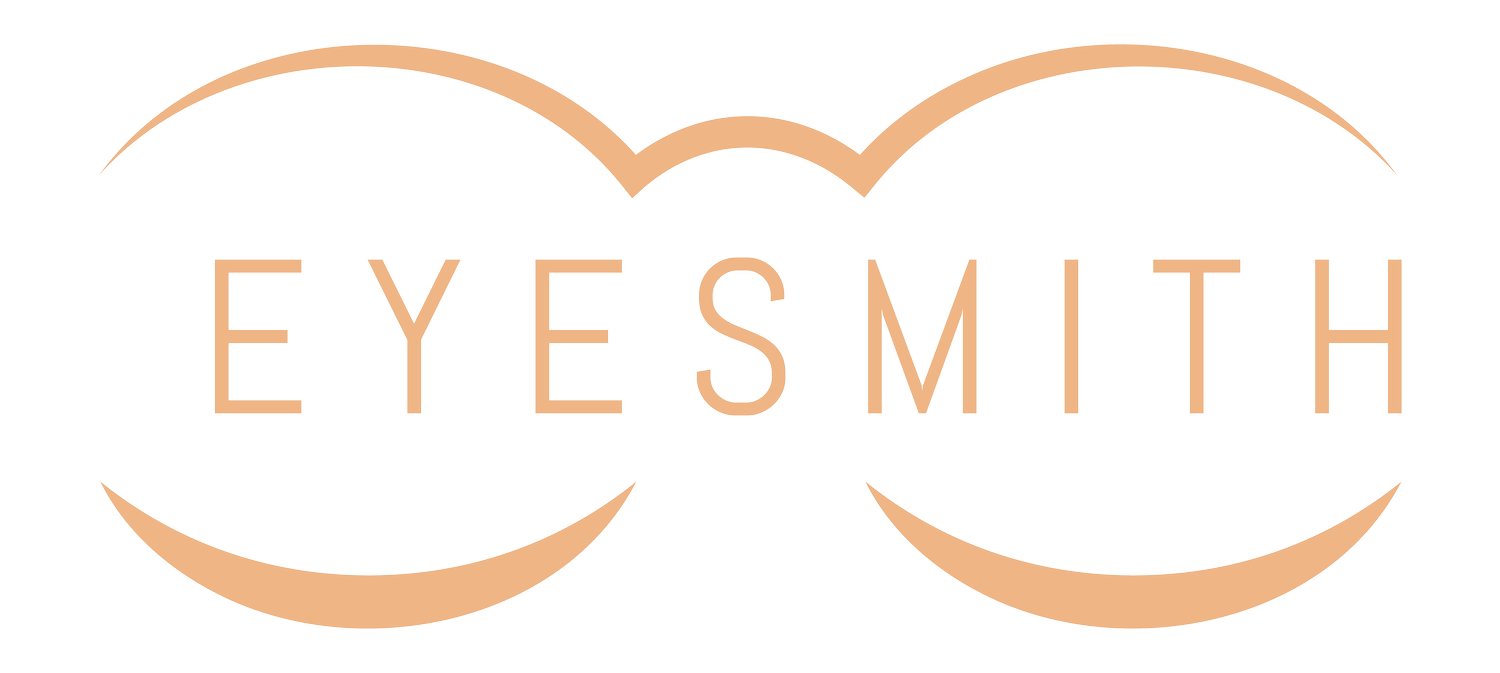Contact lens types.
Contact lenses come in various types to meet the diverse needs of individuals.
When you come in for your appointment, we will discuss the best options for you in detail.
1. Soft Contact Lenses:
These are typically comfortable from the start and allow flexible wear schedules.
Daily disposable lenses are discarded after a single use and are convenient for people who prefer not to clean and store their lenses.
Bi-weekly/monthly disposable lenses are designed to be worn for a specific period (either two weeks or a month) before being replaced.
2. Gas Permeable (GP) Contact Lenses:
These lenses are also known as rigid gas permeable (RGP) lenses. They are more durable than soft lenses and provide very crisp vision. They are available in any prescription, but may be uncomfortable at first until your eyes adapt to the firmness of the lenses.
3. Toric Contact Lenses:
Designed to correct astigmatism, toric lenses have different powers in different meridians of the lens to address the ‘rugby-ball’ shape of the cornea.
4. Multifocal Contact Lenses:
These lenses are designed to correct presbyopia, providing both distance and near vision correction in a single lens. Great for those of us nudging 50 (and beyond)…
5. Custom Contact Lenses:
In some cases, optometrists may recommend custom-made lenses for individuals with unique eye shapes or specific vision requirements. These are available in any design, prescription and fitting profile.
6. Scleral Contact Lenses:
Larger than regular lenses, scleral lenses cover a larger portion of the eye and are often used to manage certain more complex eye conditions, such as keratoconus.
7. Orthokeratology (Ortho-K) Lenses:
These wonderful lenses are designed to be worn overnight to gently reshape the cornea temporarily, providing clearer vision during the day. They are used to correct myopia. for further details, see our on Overnight vision and Myopia control.
8. Hybrid Contact Lenses:
Combining features of both soft and gas permeable lenses, hybrid lenses have a rigid centre for crisp vision and a soft outer ring for comfort.
9. Prosthetic Contact Lenses:
Typically soft lenses to improve the appearance of very scarred eyes. Hand painted colour matched lenses to match the unaffected eye.
It's important to note that the type of contact lens suitable for an individual depends on various factors, including their prescription, lifestyle, and eye health.
REMEMBER, IT'S CRUCIAL TO FOLLOW THE ADVICE OF EYE CARE PROFESSIONALS AND ATTEND REGULAR CHECK-UPS TO ENSURE THE CONTINUED HEALTH AND COMFORT OF YOUR EYES WHEN USING CONTACT LENSES.

